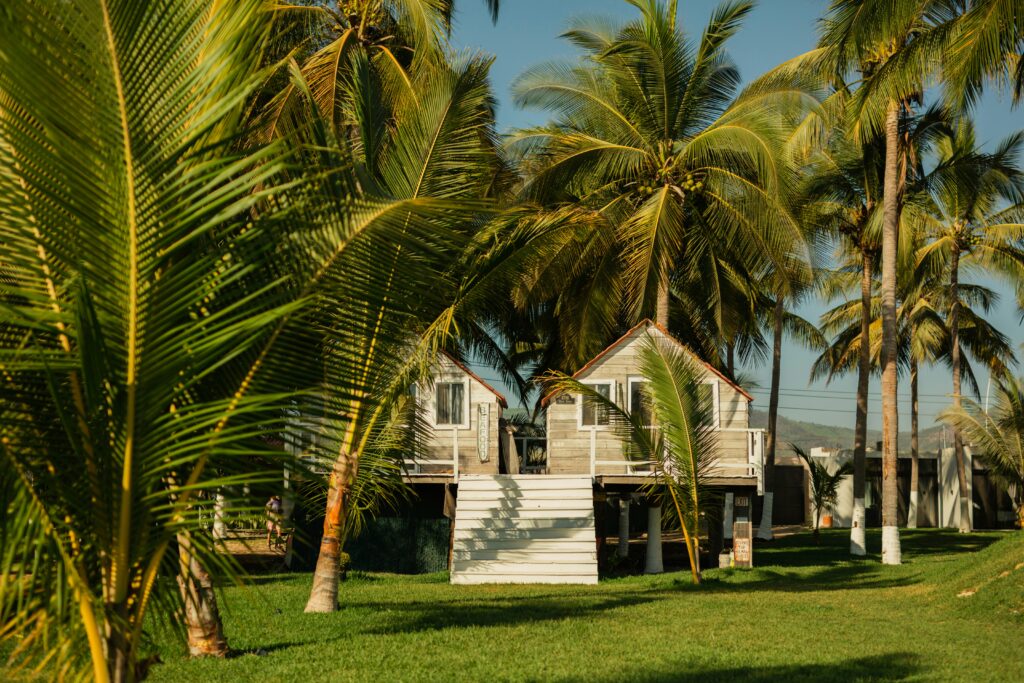AI-powered forests and ticketed blooms: Travellers chase the 'Green Gold Rush'
This is an excerpt from VOLT, our premium trends platform, in which we explore the ‘Green Gold Rush’. From AI-powered forests to ticketed bloom events, the experience economy is evolving to meet consumer expectations for nature-centric thrills – a shift with the potential to change traveller behaviour, for good. Subscribe now to read the full industry deep dive.
At 6am on a November morning in 2024, thousands of people queued in pre-dawn darkness outside Geelong's botanic garden in Australia. They weren't waiting for a celebrity or the latest iPhone - they had come to witness the corpse flower's rare bloom and experience its notorious stench of rotting flesh.
"It's rank," one visitor told CNN affiliate Nine News, coughing and gagging through his hand. "It smells like dead possum," a child said more bluntly. Over the bloom's brief 24-48 hour lifespan, more than 20,000 visitors arrived at the botanic garden, which stayed open around the clock whilst a popular livestream drew global audiences.
Native to Sumatra's disappearing forests, there are only hundreds of corpse flowers left in the wild, so each bloom becomes increasingly precious. When a specimen called "Green Boy" blossomed at the Huntington in California in July 2025, it drew 11,500 visitors. In Chile's Atacama Desert, the driest place on Earth, rare spring rains transform the landscape into a carpet of pink and purple wildflowers, drawing tens of thousands of visitors to Llanos de Challe National Park to witness the ephemeral display.
Across London, meanwhile, sustainable design engineer Divya Hariramani Herrero maps fruit trees through her @fruitywalks project, discovering stories behind pomegranate and grapefruit trees planted by homesick immigrants decades ago, and transforming everyday streets into heritage nature trails.
From rare botanical spectacles to everyday urban flora, something fundamental has shifted: plants are no longer backdrop but main event, driving both physical pilgrimages and digital exploration. This is the Green Gold Rush.
The idea of plants as objects of fascination isn't new. In late 18th-century Britain, botany became a genteel hobby for educated women, fuelled by Enlightenment values and exotic discoveries from the New World. By the Victorian era, botanical knowledge was considered as essential an accomplishment as music or dancing, with specialised literature and periodicals catering to this popular pursuit.
To explore the full trend — including insights from Belmond and the National Trust, key data highlights, and an interview with the founder of Beautiful Places AI — subscribe to VOLT. Annual subscribers receive twice monthly trend reports, a library of 200+ more, plus direct support from Globetrender's in-house trend strategists.

























